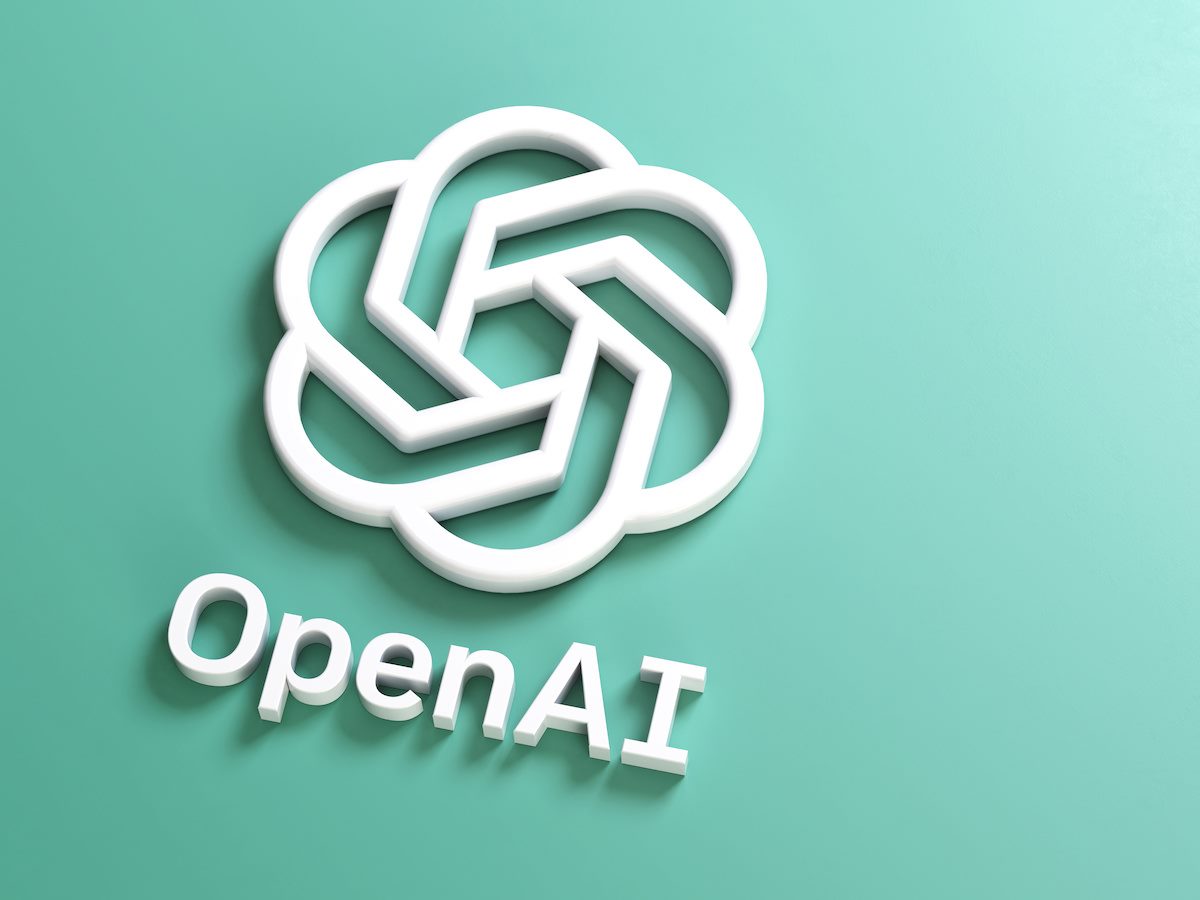OpenAI is preparing to release its first open-source AI model since GPT-2, according to compelling evidence discovered by AI developers. The leaked information suggests a powerful family of free AI models could launch soon, marking OpenAI's most significant return to open-source AI development in over five years.
OpenAI Open Source Model Leak: What We Know
Online sleuths uncovered evidence of OpenAI's upcoming open-source model through GitHub repository discoveries. The repositories, named yofo-deepcurrent/gpt-oss-120b and yofo-wildflower/gpt-oss-20b, were quickly deleted, but not before developers captured screenshots showing connections to verified OpenAI team members.
So before people take credit, I found the oai os a min after they uploaded and saved the config and other stuff before it was removed.
— Jimmy Apples 🍎/acc (@apples_jimmy) August 1, 2025
It’s an OS model and coming soon so kinda feels like ruining a surprise pic.twitter.com/0eqZfJ2rDm
The "gpt-oss" designation clearly indicates "GPT Open Source Software.” Multiple repository variants suggest OpenAI is preparing a comprehensive open-source AI model family rather than a single model release.
GPT-OSS Technical Specifications: 120 Billion Parameters
Leaked configuration files reveal impressive specifications for OpenAI's open-source model. The GPT-OSS 120B features:
- Mixture of Experts Architecture: The model uses 128 specialized AI components, activating only 4 experts per query for optimal performance and efficiency.
- Advanced Language Processing: Enhanced vocabulary system designed for superior multilingual AI capabilities across dozens of languages.
- Long Context Handling: Sliding window attention mechanism processes extended text sequences without performance degradation.
- Efficient Resource Usage: Despite 120 billion parameters, the model consumes computational resources equivalent to much smaller AI systems.
These technical features, if they come to fruition, will position GPT-OSS as a direct competitor to leading open-source AI models like Meta's Llama and Mistral AI's Mixtral.
Related Article: OpenAI’s Ad-Supported ChatGPT: A New Rival to Google’s Search Empire?
Why OpenAI Is Releasing Free AI Models Now
OpenAI's rumored decision to release open-source models could be an attempt to address growing criticism about the company's shift from open AI research to commercial focus. This strategic move would offer several advantages:
- Developer Community Engagement: Free access to advanced AI models will rebuild relationships with researchers and developers who felt excluded by OpenAI's closed-source approach.
- Competitive Response: Meta's Llama models and Mistral AI have proven that open-source AI can drive innovation and market share.
- Market Positioning: By releasing powerful free AI models, OpenAI would reclaim influence in the rapidly growing open-source AI sector.
- Research Acceleration: Open-source AI models will enable academic institutions and startups to access advanced AI capabilities without expensive API costs.
OpenAI vs Meta vs Mistral: Open Source AI Model Comparison
The GPT-OSS release will position OpenAI directly against established open-source AI leaders:
| AI Model | Key Features | Competitive Advantages |
|---|---|---|
| OpenAI GPT-OSS | 120B parameters, Mixture of Experts architecture | Multilingual support, efficient resource usage |
| Meta Llama | Multiple model sizes, transformer architecture | Proven enterprise adoption, strong community support |
| Mistral Mixtral | 8x7B sparse expert model | European AI leadership, developer-friendly licensing |
This competition in free AI models benefits developers, researchers and businesses seeking powerful language AI without subscription costs.
Impact on AI Industry and Developers
OpenAI's return to open-source AI development could trigger significant industry changes:
- Democratized AI Access: Free access to GPT-level capabilities removes barriers for smaller organizations and independent researchers.
- Innovation Acceleration: Open-source AI models historically drive faster innovation through community contributions and collaborative development.
- Cost Reduction: Businesses can deploy advanced AI capabilities without ongoing API fees or usage restrictions.
- Research Advancement: Academic institutions gain access to state-of-the-art AI models for research and education.
When Will OpenAI Release Open Source Models?
Based on leaked evidence, OpenAI's open-source model release appears imminent. Back in March 2025, OpenAI added an open model feedback form to its website. The company claimed it's looking to collaborate with developers, researchers and the broader community to ensure the open-source model is as useful as possible.
The discovery of detailed configuration files and repository structures suggests active preparation for launch rather than early development phases.
Technical communities are monitoring OpenAI's official channels for announcement of:
- GPT-OSS model family release dates
- Download availability and system requirements
- Licensing terms and usage guidelines
- Documentation and developer resources
Related Article: OpenAI’s 6 AI Primitives Set the Stage for the Agent Era
Free AI Models: The Future of Artificial Intelligence
OpenAI's anticipated return to open-source AI reflects broader industry trends toward accessible artificial intelligence. As AI capabilities advance, the debate between proprietary and open-source approaches intensifies.
Benefits of open-source AI models include:
- Transparent development and auditable systems
- Community-driven improvements and optimizations
- Reduced vendor lock-in for businesses
- Educational access for students and researchers
- Innovation through collaborative development
A New Era for Open Source AI
OpenAI's imminent release of GPT-OSS models could mean a return to the collaborative principles that initially established the company's mission. For developers, researchers and businesses, this could mark the beginning of a new chapter in accessible artificial intelligence.
The leaked evidence points to a launch within hours or days, potentially making this one of the most significant open-source AI releases in recent years.
